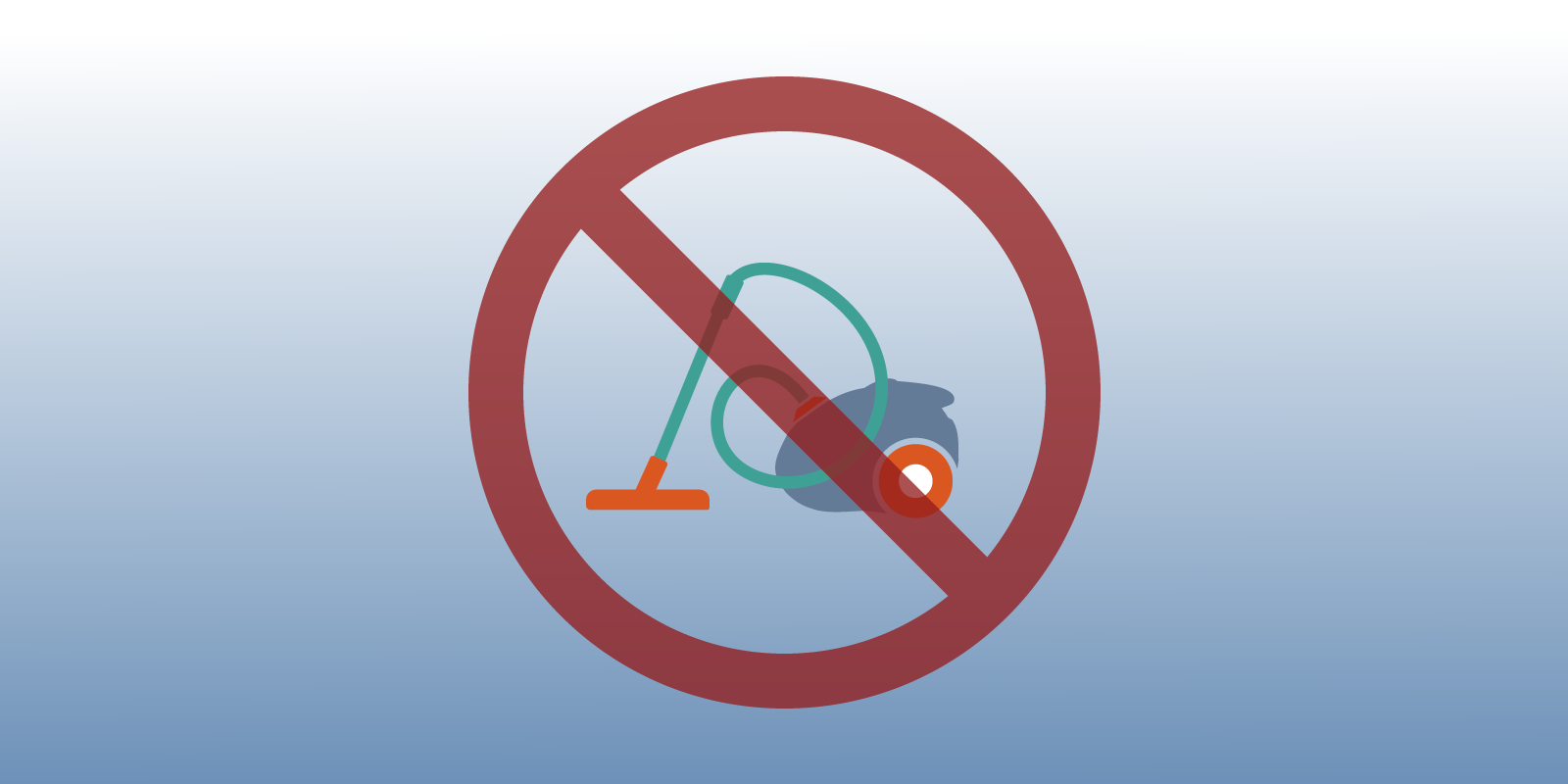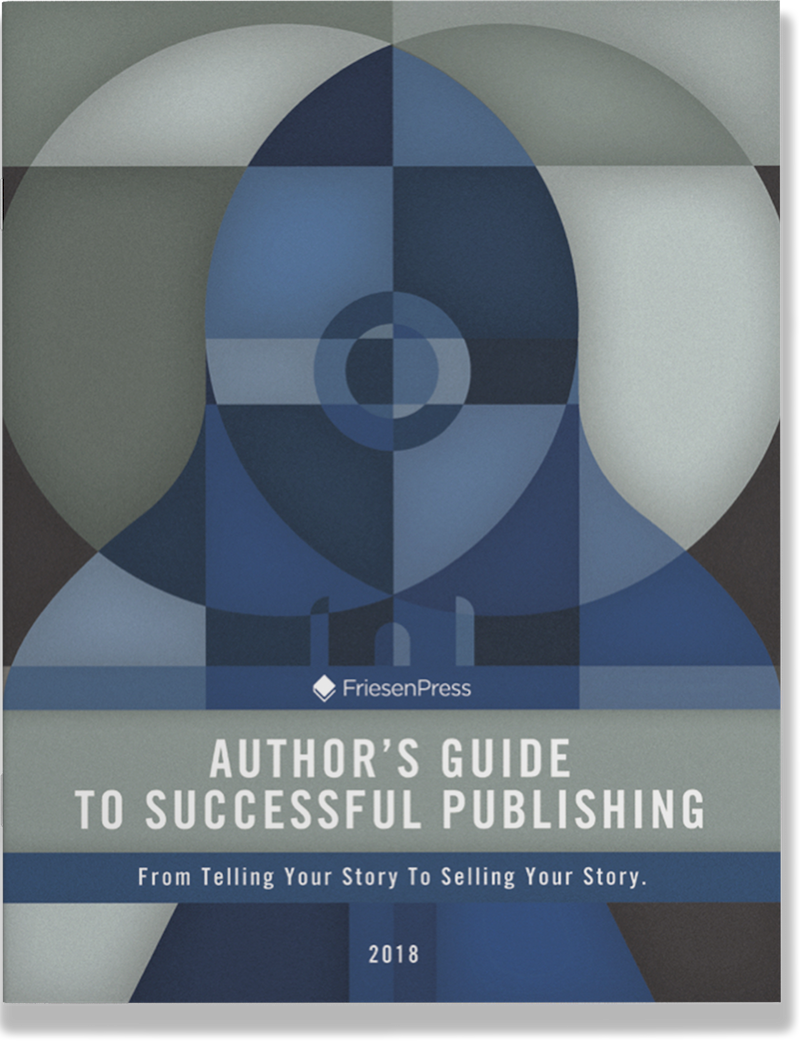No Chores Allowed
/I don't like vacuuming, and I particularly don't enjoy vacuuming stairs. To do it well, I have to change the nozzle, plug and unplug the vacuum, position the vacuum itself sideways across each step so it doesn't fall off as I move up or down, and no matter what I try, I always end up banging or nicking the wall along the way. Uggggghhhh it's just too much work. Vacuuming stairs is a total chore.
Dishes, on the other hand, are different somehow. Yes, I'm often cleaning up someone else's jam or scraping macaroni and cheese off someone else's lunch pot, but I can listen to music or watch the news while my hands are busy. Doing the dishes may be work, but it's not a chore.
And then there's laundry. For me, it's not work or a chore. It's more like a habit. I have three boys, so if I let myself have an opinion every time I unballed a dirty sock or folded a towel, laundry would get pretty obnoxious for me. Instead, I just do it. It's not work. It's not a chore. It's a practice.
Here's a Zen Proverb I love because it sums up chores/work/practices and writing beautifully:
Before enlightenment;
chop wood carry water.
after enlightenment;
chop wood carry water.
If you're a writer, you've likely experienced the act of writing in several ways: from total chore to an almost transcendental experience of joy. Wouldn't it be nice if there was a way to make your writing process easier, more efficient, and maybe even more joyful?
Well, there is. And it's a simple tip: Don't make writing a chore.
That's it. That's all. Make writing a choice by building a practice around it. Simply write and keep writing, and as you write, explore new ways to show up to the page again and again and again until the process becomes your practice and it feels like coming home.
Here are 5 concrete ways to transform your writing time from chore to practice:
Notice when words come easily. Is it when you're the most awake with more thinking power? Or when it's late and there's less energy to resist? Perhaps something else?
Try committing to a small daily word count. Some people do their best work in a sustainable way with a 300-500 daily word count. Did you know Stephen King follows a 3000/day word count and some days he's done before 11:30 am. (BTW... if this makes you groan, you're in good company. This is not my process).
Try linking writing with a regular activity. E.g. every time you're on the bus, write 300 words in your notebook.
Try using writing prompts by finishing a sentence which then becomes a paragraph. Set a timer for 3 minutes.
Try blocking out one three to four day weekend per month and create a writing retreat around it. BTW... this is how I write in a non-chore, non-work way. I call myself an immersive writer.
These are just a few ideas to play with and there are oodles more out there. We'll talk about many of them in upcoming posts.
For now, here's the bottom line: Don't make writing a chore, or you'll be vacuuming stairs all day, and who wants to do that? Blecccccch... not me.
Here's to joyful writing!
###
TinaO is a Writer, Story Coach, and the other half of The Writer's Compass with Meribeth Deen. She is the host of the TinaOShow, collecting and telling Stories from the Core and co-owner with Gina Best of The LEAP Learning Lab. The Writer's Compass encourages writers to go off the beaten path and create impactful stories from the core. We teach: writing isn't precious, it's a practice.
Want to join Tina's online writing group? Check out the Core Story Writers Facebook group.









